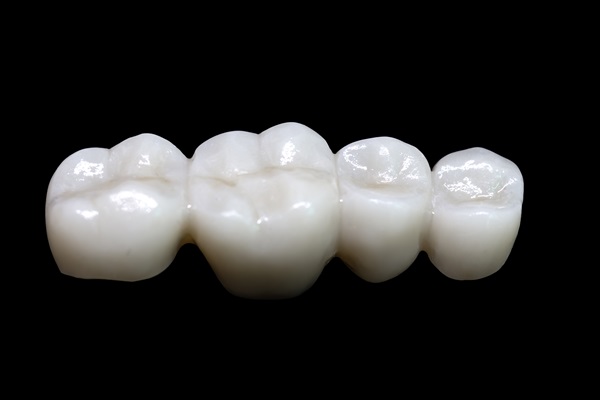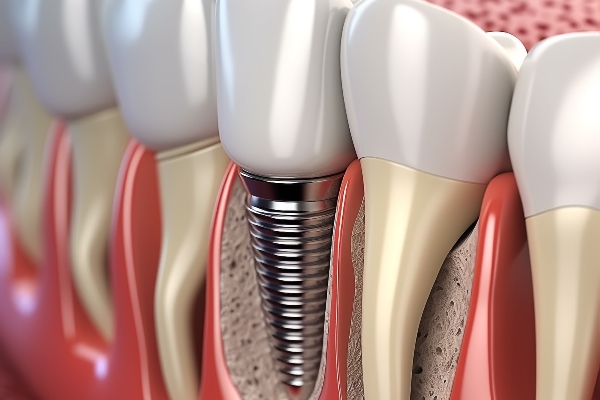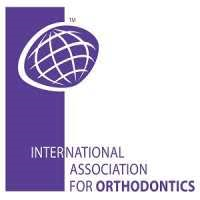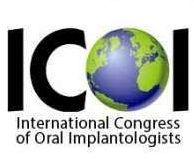 When it comes to oral hygiene basics, you probably think that changing the foods that you consume can strengthen your teeth. However, drinks actually have a large impact on your teeth because the traces of particles stay behind long after you have finished drinking. Here are the drinks that you should avoid to maintain a healthy smile.
When it comes to oral hygiene basics, you probably think that changing the foods that you consume can strengthen your teeth. However, drinks actually have a large impact on your teeth because the traces of particles stay behind long after you have finished drinking. Here are the drinks that you should avoid to maintain a healthy smile.
Drinks to avoid for your oral health
1. Soda
Soda is one of the most damaging drinks for your teeth due to its sugar content and high acidity. Both of these properties erode the enamel and lead to cavities, which is a hole in the tooth that develops due to decay. In addition, the dark color of soda means that it will gradually stain your teeth yellow.
2. Alcohol
One of the main reasons why alcohol is so bad for your teeth is that it dries out your mouth. Your saliva contains essential compounds such as phosphate, calcium, and bicarbonate that not only reduce plaque but also repair early signs of tooth damage. Therefore, a lack of saliva can increase the risk of gum disease, oral infections, or cavities.
Similar to soda, red and white wine are highly acidic. This means that they can erode the enamel and lead to tooth decay. However, this does not mean that you have to completely eliminate wine from your diet. Eating cheese with wine can create a protective layer on your teeth and protect them from the acidity of the beverage.
3. Fruit juice or punch
Although fruit juice contains many essential vitamins, it is also highly acidic due to its concentrated nature. Cranberry and citrus juices tend to be the most acidic, although most fruits used to make juice contain a high level of acid. Fruit punch is another drink to stay away from if you want to adhere to proper oral hygiene basics, as it does not contain much real fruit and instead consists of high levels of sugar and high fructose corn syrup.
4. Coffee and tea
Drinking a cup of coffee can provide you with an energy boost, but consuming it too often can wear down your enamel and lead to tooth sensitivity due to its high pH. It can also stain your teeth due to its dark color. However, drinking a sugar-free cup every once in a while will not do too much harm.
Although hot tea is generally safe for your teeth because of its low acidity, iced tea tends to be extremely acidic and can therefore damage your enamel. It also has a high sugar content, which can increase your risk of tooth decay.
Conclusion
Acidic and sugary beverages such as soda, fruit juice, and coffee are damaging to your teeth because they erode enamel and can lead to sensitivity and tooth decay. While this does not mean that you can only drink water, be sure to consume these beverages in moderation to follow proper oral hygiene basics. In addition to water, other drinks that are good for your teeth include milk and green tea.
Request an appointment or call Midtown Dental - The Gallery of Smiles at 713-979-4127 for an appointment in our Houston office.
Recent Posts
Everyone learns oral hygiene basics when they are young, but some details get lost over time. For example, many adults are confused about what type of toothbrush to use. This simple tool comes in many different forms, including a variety of sizes and a range of bristle textures. You may wonder why there are so…
Healthy teeth are a vital part of being able to eat and enjoy food, but certain foods can be more harmful to dental health than others. Learning about foods that help and hurt the teeth is an important part of oral hygiene basics that can be helpful in guiding the choices people make when caring…
Although many people believe that plaque and tartar are the same, they actually have significant differences. Understanding the distinctions between these two dental conditions can help you identify their warning signs and practice oral hygiene basics to avoid them.Plaque is a soft film containing millions of bacteria that build up on your teeth, gums, and…










